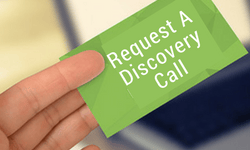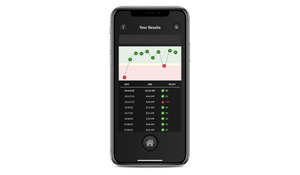For some citizens of the United States, the legalization of the adult use of marijuana makes perfect sense. For others, including business leaders, there is much tension when it comes to whether employees can use marijuana in their private lives and be trusted not to be impaired when they are at work. This is matched by the tension from employees of the fairness and accuracy in the methods that workplaces use to measure whether or not they are actually impaired.
Testing For Drug Impairment Vs Consumption
Though still not widely known about or used, impairment detection can be done through the use of cognitive performance testing. Our company, Predictive Safety, offers software called AlertMeter that employees can use in about a minute when they start their days that measures their state of mind compared to their average cognitive fitness. It tests for impairment, not lifestyle.
We’re glad that the issue of detecting cannabis intoxication is pushing our software into the workplace because there are other serious issues of human impairment that deserve to be detected for safety’s sake, including fatigue, unintended impairment from medications, illness, and even emotional distress. Impairment comes from many sources, so we see it as a change for the better.
But it’s difficult for some people to accept these changes. And for many companies, it’s even harder. Most businesses have been able to postpone deciding how they felt about employees using marijuana recreationally and even medically, because federal law was the dominant law in court. But that buffer is starting to disappear. Plus, with low unemployment rates, many companies can no longer afford to be indiscriminate about the difference between marijuana use and marijuana intoxication.
Changing Drug Impairment Test Mindsets
But some people still really struggle with idea of marijuana use at all. Even at our own company, there are people who grew up in very conservative environments where marijuana use was unthinkable. The whole idea violates a value people like this have held for a very long time: that consuming it was wrong. With such a disagreement on basic premises, there comes a delay in determining best practices. And that is where we all find ourselves now.
There is a principle of organizational behavior that would help us get through this conversation. In Margaret Wheatley’s 1992 book Leadership and the New Science, she shows how discoveries in the behavior of physical systems could be used by human organizations that were being challenged by new and destabilizing influences. Her hypothesis was that, as long as the core identity of a system was strong, it could adjust, survive, and thrive in a changing environment.
Businesses handling the advent of legal marijuana are a perfect situation in which to apply this principle. Relationships between employees and employers are transactional. There is an agreement that, if a company is going to pay an employee, the employee agrees to abide by the company’s contract, at least while they are working for the company. A company could look at its current interpretation of that agreement by perhaps dusting off the mission statement and revisiting how its core identity could better relate to the changing environment.
Marijuana use isn’t going away, but impairment testing aims directly at what companies prioritize first, which is the safety of their employees. Employees participate by monitoring their own cognitive fitness, which in turn is good for the company. Safer employees mean better business. Caring companies inspire better performance. These are core principles that deserve to be applied today.



